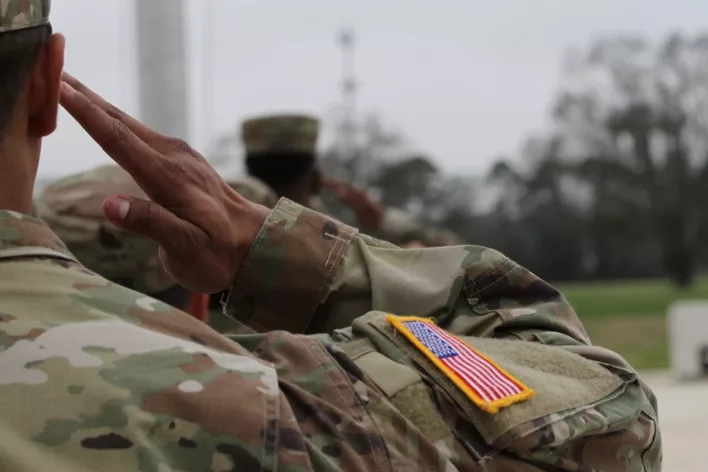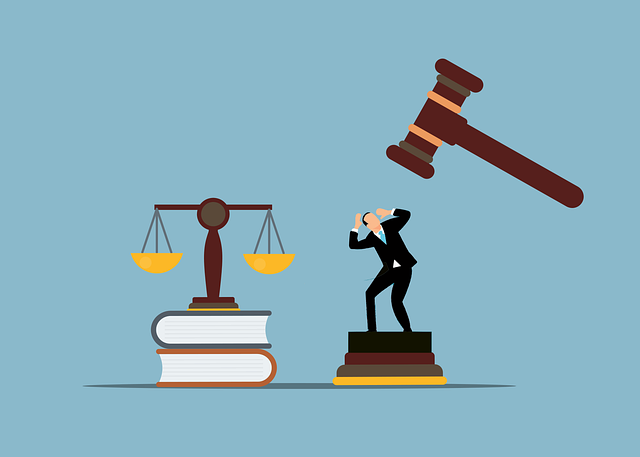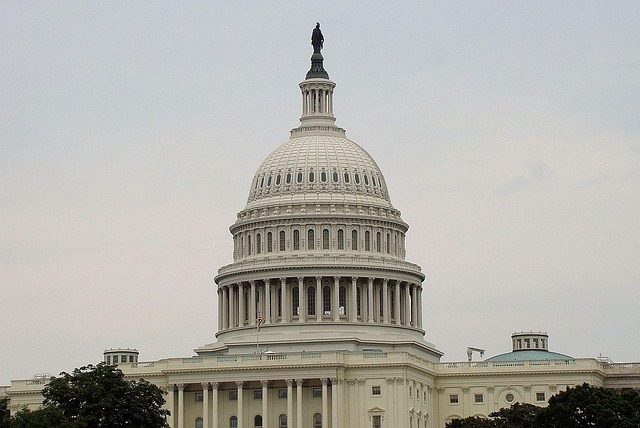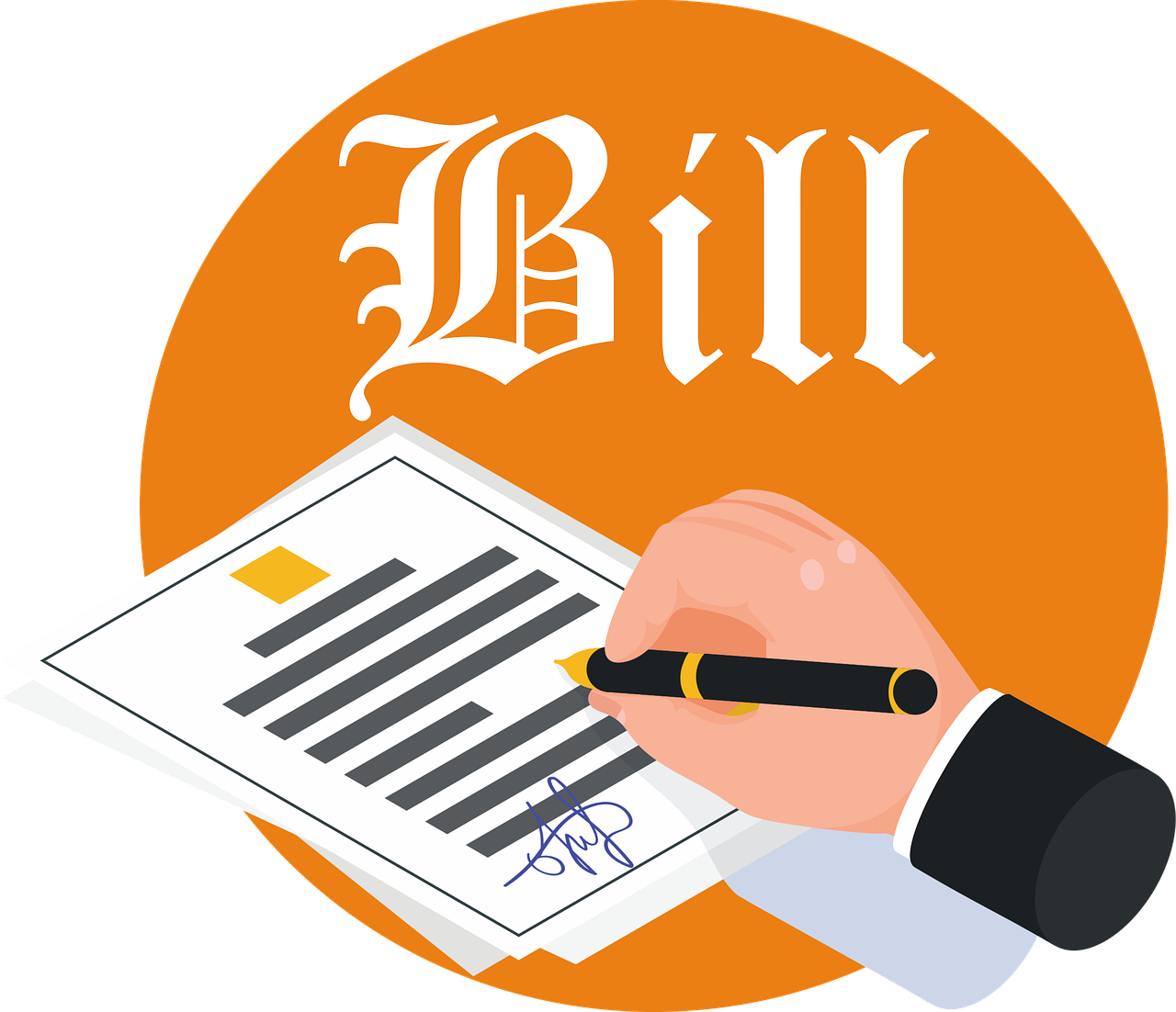What Type of Military Discharge Qualifies for VA Benefits?

Update April 29, 2024: The Department of Veterans Affairs updated its policies for those applying for VA benefits without an Honorable, General, or Under Honorable Conditions discharge. Those who have certain discharges (especially those related to so-called “homosexual conduct” or under Don’t Ask, Don’t Tell) may qualify for VA benefits thanks to these revised policies.
Basic eligibility for Department of Veterans Affairs (VA) benefits depends upon the type of military service performed, the duration of the service, and the character of your military discharge or separation.
VA looks at the “character of discharge” to determine whether a person meets the basic eligibility requirements for receipt of VA benefits under Title 38 of the United States Code. Any discharge under honorable conditions satisfies the character of discharge requirement for basic eligibility for VA benefits.
New Policies, More Flexibility
The Department of Veterans Affairs at one time had less flexible policies about military discharges. The agency has revised, more flexible policies for those with military discharges now understood to be discriminatory (Don’t Ask, Don’t Tell) or poorly informed (discharges where mental health issues, surviving sexual assualt, combat trauma, or other variables).
Certain types of discharges, along with the circumstances surrounding those discharges, bar an individual from basic eligibility for VA benefits. Other types of discharges require the VA to make a character of discharge determination to assess basic eligibility for VA benefits.
When deciding to grant VA benefits, the VA will look at the character of your discharge. This will involve evaluating your service record, length of service, and category of discharge.
Honorably discharged veterans should typically expect to receive VA benefits they qualify for, but those discharged under other categories may need a discharge determination for the VA to consider eligibility.
Applying For VA Benefits Without an Honorable Discharge
Veterans who want to apply for benefits without an honorable discharge and who do not meet the criteria for VA benefits with an other-than-honorable discharge (see above) have the option of applying for an upgrade to claim VA benefits. Discharge reviews are granted on a case-by-case basis. You are most likely to have success upgrading your discharge if the circumstances are related to:
- Mental health conditions, including posttraumatic stress disorder (PTSD)
- Traumatic brain injury (TBI)
- Sexual assault or harassment during military service (at VA, we refer to this as military sexual trauma or MST)
- Sexual orientation (including under the Don’t Ask, Don’t Tell policy)
How to Start a Military Discharge Review
Each branch of service has its own military discharge upgrade review process. You may be required to approach your branch of service to start the process or initiate it at VA.gov.
The review of discharge character may take one year or more. To facilitate the process, make sure to submit your application filled out and evidence to support your case. If unsure of the process, you have the right to find someone to advocate for you, potentially a lawyer or Veterans Service Organization.
When deciding to grant VA benefits, the VA will look at the character of your discharge. This will involve evaluating your service record, length of service, and category of discharge under United States code.
What To Know
- If the veteran has served more than once, and had a previous honorable discharge, in most cases, the service member who completed a term of service with an honorable discharge should qualify for basic benefits due to that service period.
- For disability compensation, the disability compensation would only cover the change in physical status during the honorable term of service if service-connected and not during the term that ended in dishonorable or other forms of discharge.
- Many times, a claim for benefits is the first time the “under other than honorable conditions” discharge will affect the veteran applicant, whether for compensation or pension, or even medical treatment. The character-of-discharge issue must be resolved to make any decision on claims.
Discharge Requirements for VA Pension Benefits
VA Pension benefits may be offered if you did not receive a dishonorable discharge and your income meets Congress’ standards.
Discharge Requirements for VA Education Benefits
VA Education Benefits are available to those with an honorable discharge.
Discharge Requirements for VA Home Loan Benefits
According to VA.gov, “To receive VA home loan benefits and services, the Veteran’s character of discharge or service must be under other than dishonorable conditions (e.g., honorable, under honorable conditions, general).”
Discharge Requirements for VA Insurance Benefits
You typically won’t have your discharge status questioned when applying for Veterans’ Group Life Insurance. For Service-Disabled Veterans Insurance and Veterans’ Mortgage Life Insurance benefits, the veteran’s discharge must be other than dishonorable.
If eligible, there are various types of life insurance provided by the VA. VGLI covers veteran service members, current service members can get SGLI, and family members of service members can get FSGLI.
Several life insurance options are available for veterans, including:
- Servicemembers’ Group Life Insurance, which applies while serving
- Family Servicemembers’ Group Life Insurance to add children and or spouse
- Traumatic Injury Protection for temporary financial support while recovering from injury
- Veterans’ Group Life Insurance for after serving
- Veterans Affairs Life Insurance for service-related disability coverage
- Veterans’ Mortgage Life Insurance for those who need to adapt their homes to their new service-related physical needs.
Related: Guide to Private Military Life Insurance


